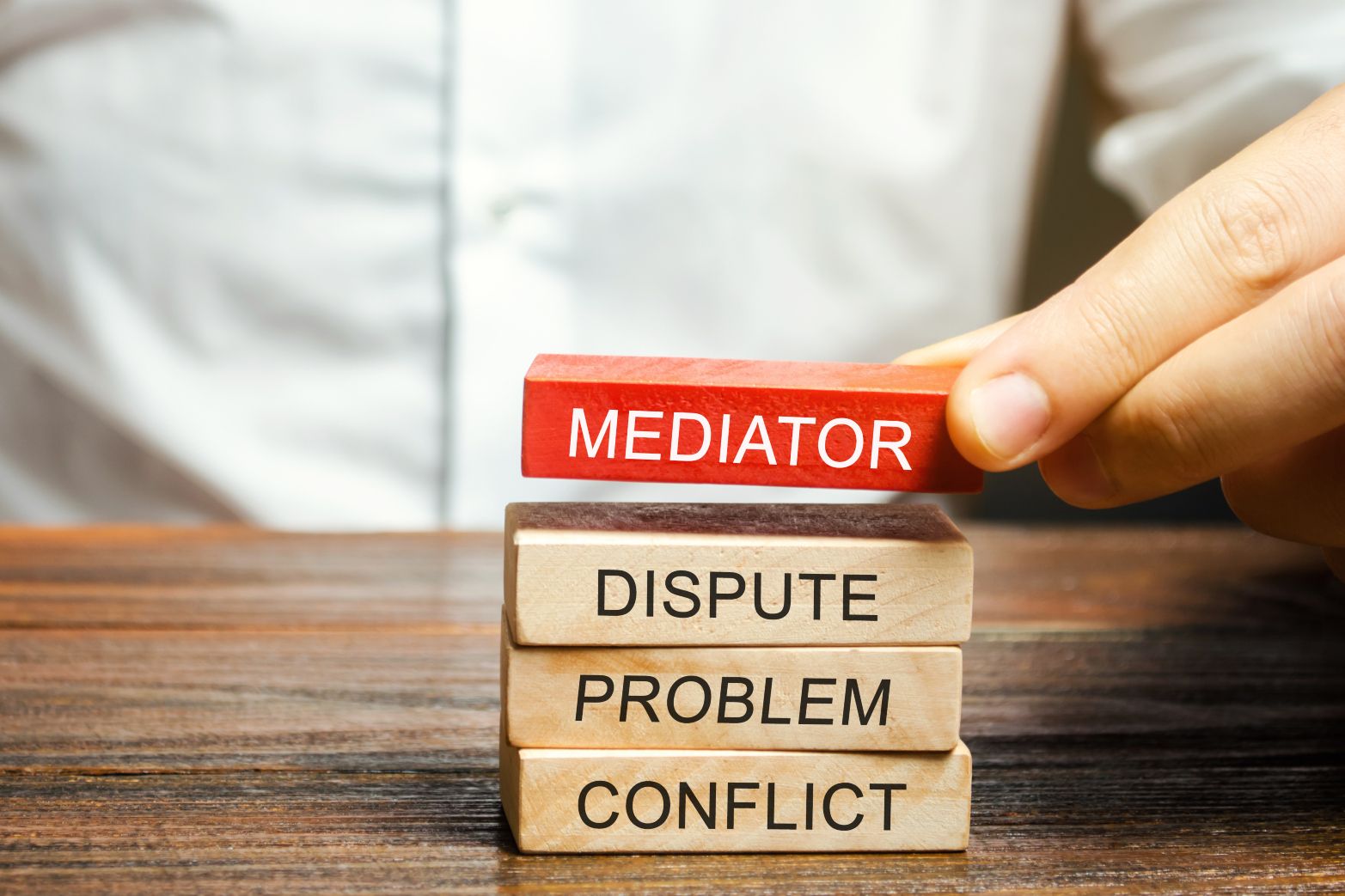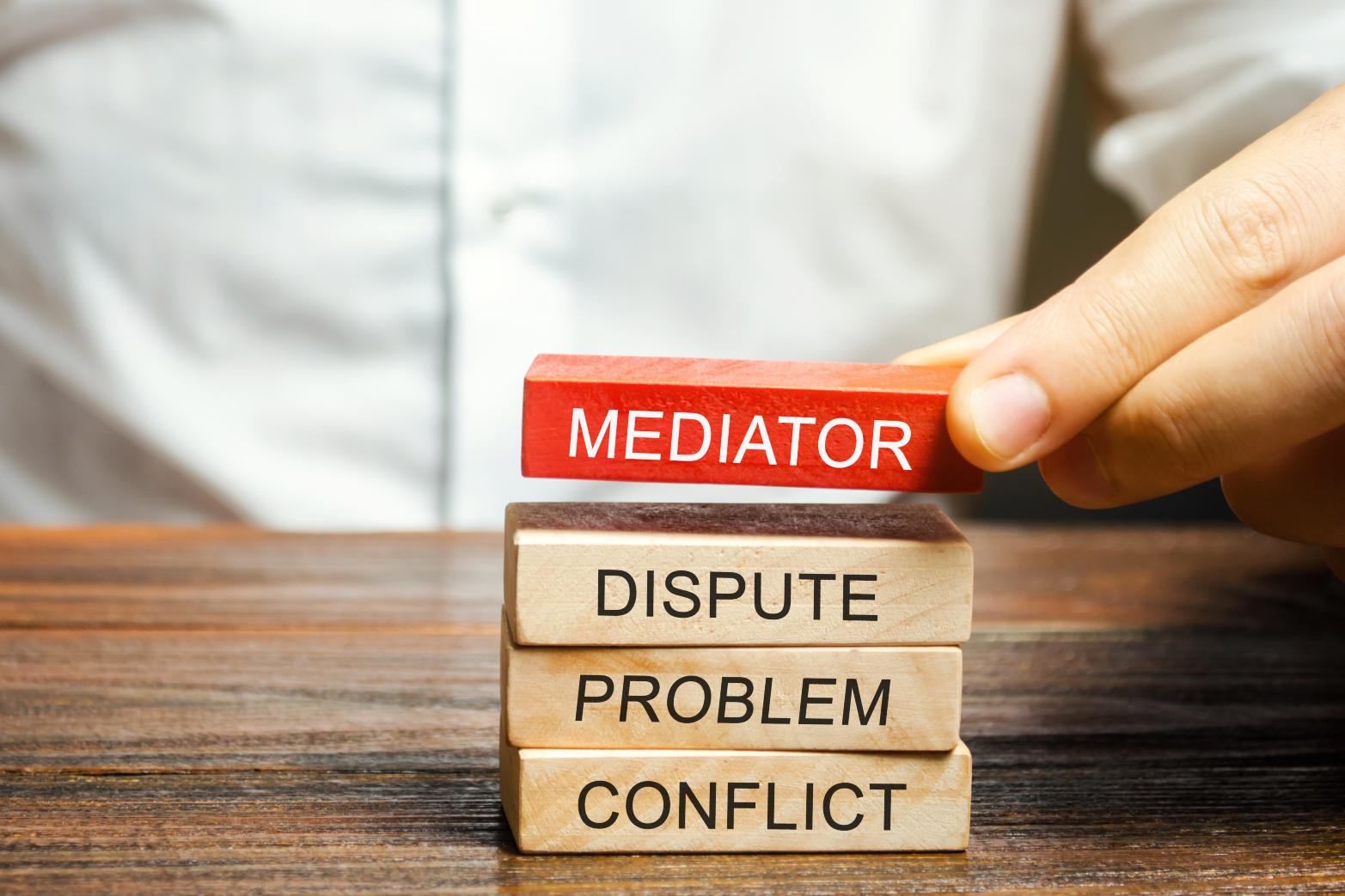Arbitration & Mediation

What is Arbitration?
What is Mediation?
In addition to being a significantly faster way to resolve the issues disputed by the parties, Arbitration in Divorce cases offers the following additional benefits:
- The Divorce Arbitration process is confidential and private
- The parties set a schedule which is both flexible and convenient to them
- The parties control which issues are brought before the Arbitrator
- Arbitration is the final resolution of all issues addressed during Arbitration
- An Arbitration Award can become the basis of an enforceable Divorce Decree
Arbitration offers the predictability of having an Attorney (private judge) – with vast experience in domestic matters – resolve the parties' issues, rather than relying on a judge - who may have little or no experience in domestic matters – resolve the parties' issues. In addition, the Arbitration process is governed by a written Arbitration Agreement negotiated between the parties, with the scope and rules of the Arbitration proceeding determined by the parties (or their attorneys). This allows Divorce Arbitration to be tailored to the specific needs of the parties.
The Mediation/Arbitration process is completed utilizing the following steps:
- Process Planning Meeting: The parties will each attend either by phone or in-person a 20 minute planning meeting with Dr. Spencer to address the following: (1) a description of the Mediation/ Arbitration process to be utilized; (2) a determination of the list of issues to be resolved during the Mediation/Arbitration process; (3) the establishment of a time-line for the exchange of documents; (4) the establishment of a time-line for the exchange of written statements by the parties and their witnesses; (5) the determination of whether Trial Brief will be submitted by the parties to Dr. Spencer; and (6) establish a firm date for Mediation/ Arbitration.
- Presentation to the Medication/Arbitrator: On the day selected for Mediation/Arbitration proceeding, the following process will be used:(1) both parties will be permitted to make an opening statement on the list of issues to be resolved through the Mediation/Arbitration proceeding; (2) the parties will then be assigned to separate rooms; (3) Dr. Spencer will then meet with each party separately to discuss the list of issues to be resolved through the Mediation/Arbitration proceeding; (4) Dr. Spencer will then assist the parties in coming to an agreement on all issues that can be resolved through Mediation; (5) A written agreement on the issues resolved through Mediation will be generated and signed by the parties; (6) for those issues which are not resolved through Mediation, Dr. Spencer will then hear testimony and review the documents in support of each parties' position; (7) Dr. Spencer will then conclude the Arbitration proceeding; and (8) Dr. Spencer will issue a detailed written Arbitration Award, which incorporates the issues resolved through Mediation, as well as his ruling on those issues which were not resolved through Mediation.
- Post Process Actions: Either party, or an attorney representing a party, may file the written Arbitration Award with the Court, along with a Motion to Confirm the Arbitration Award.


